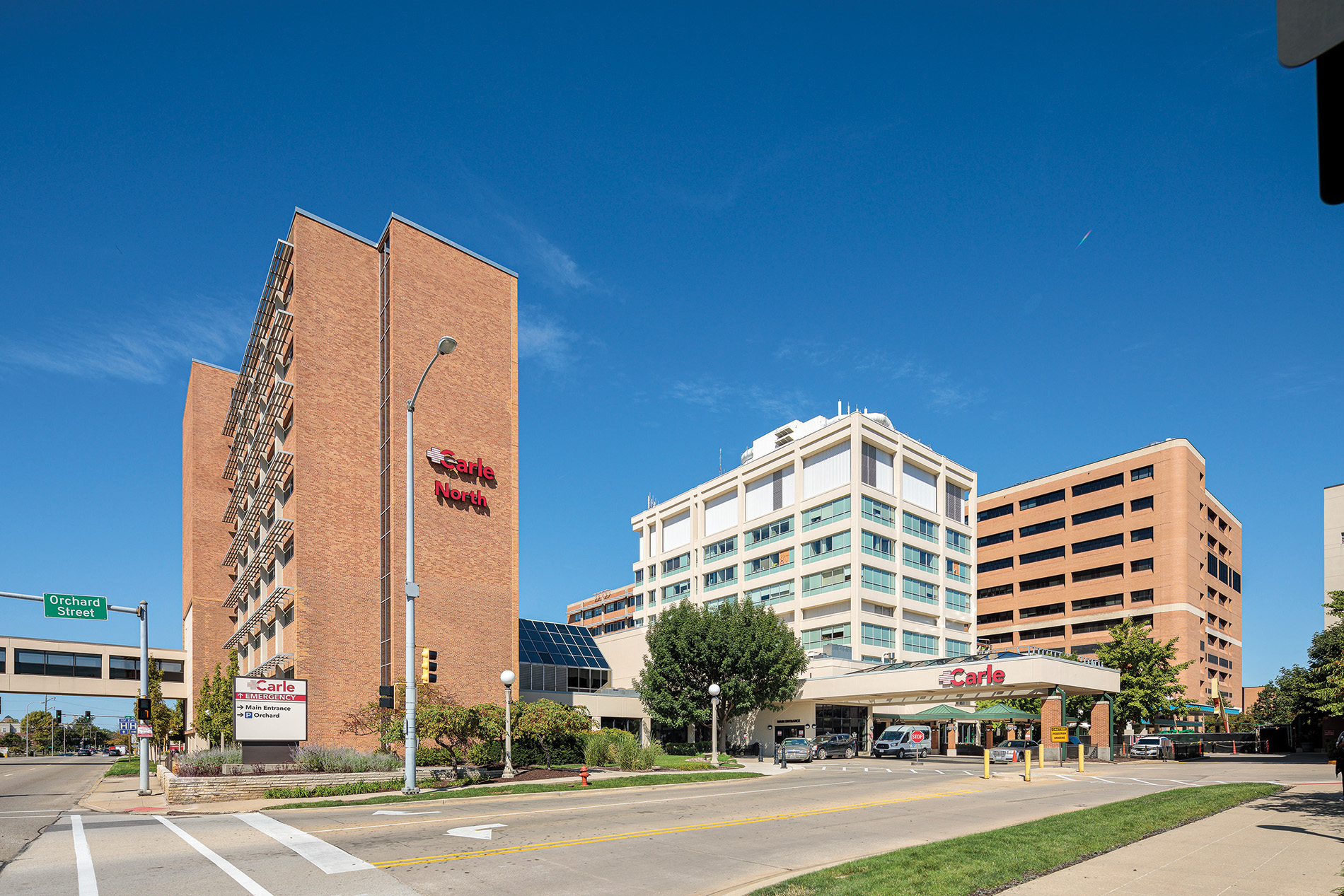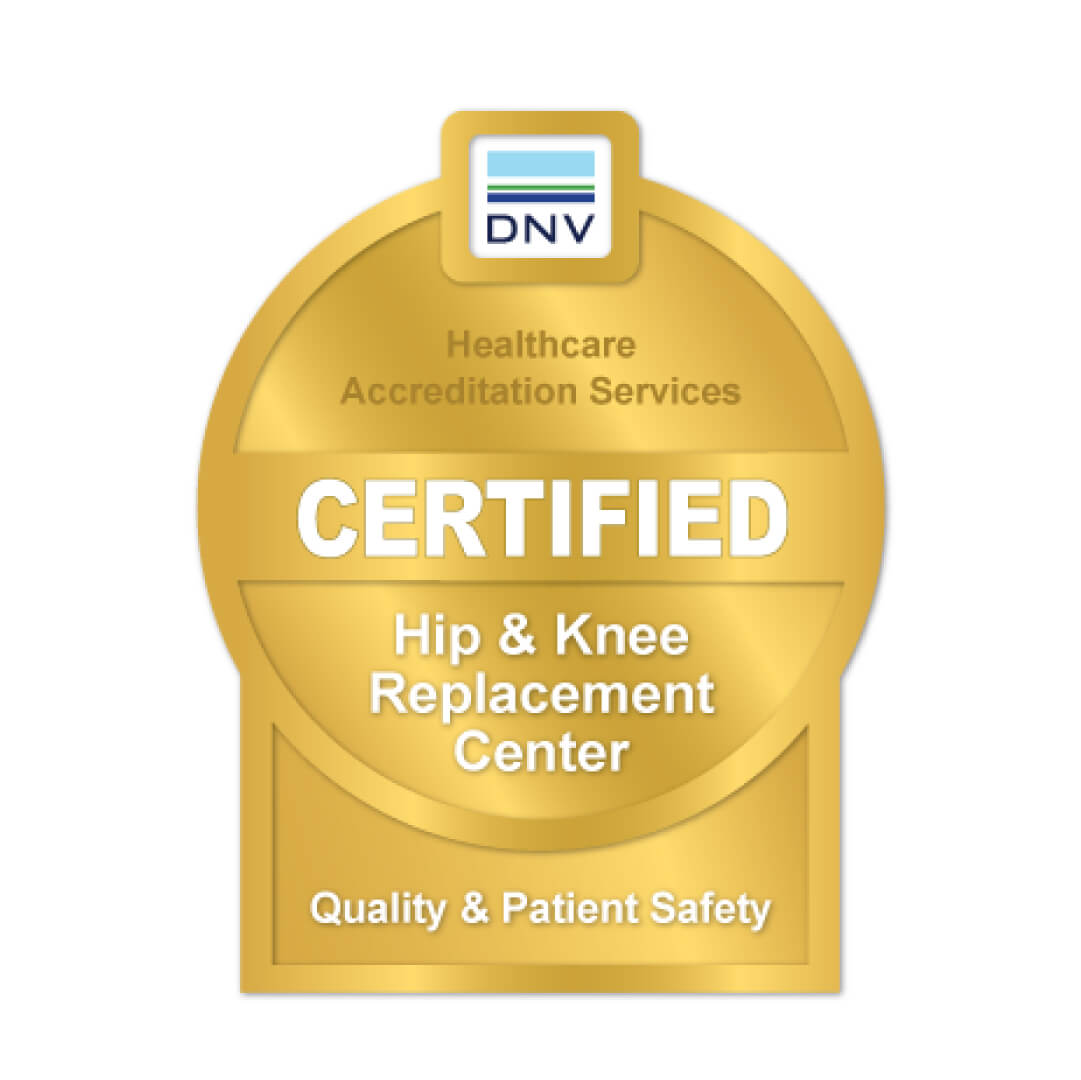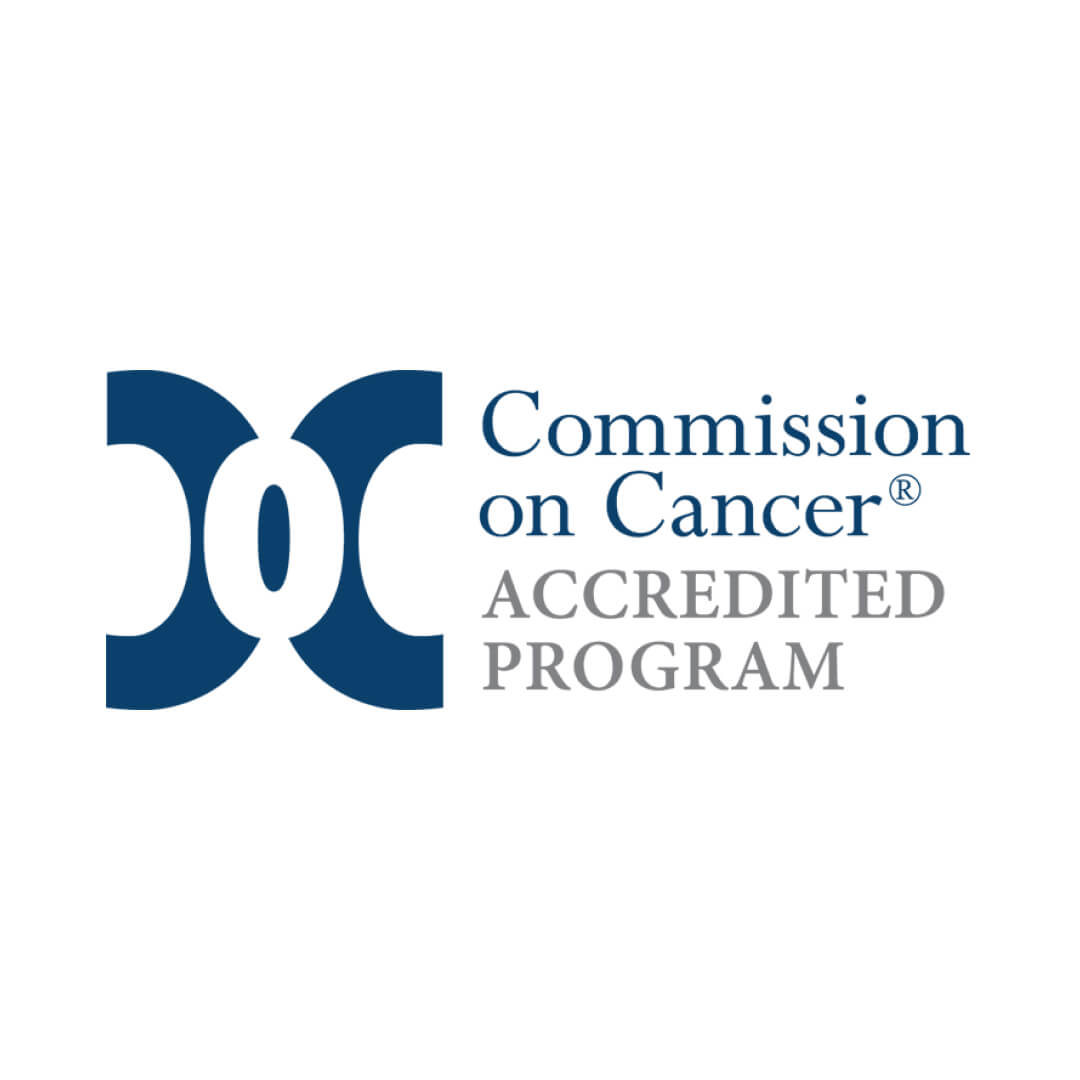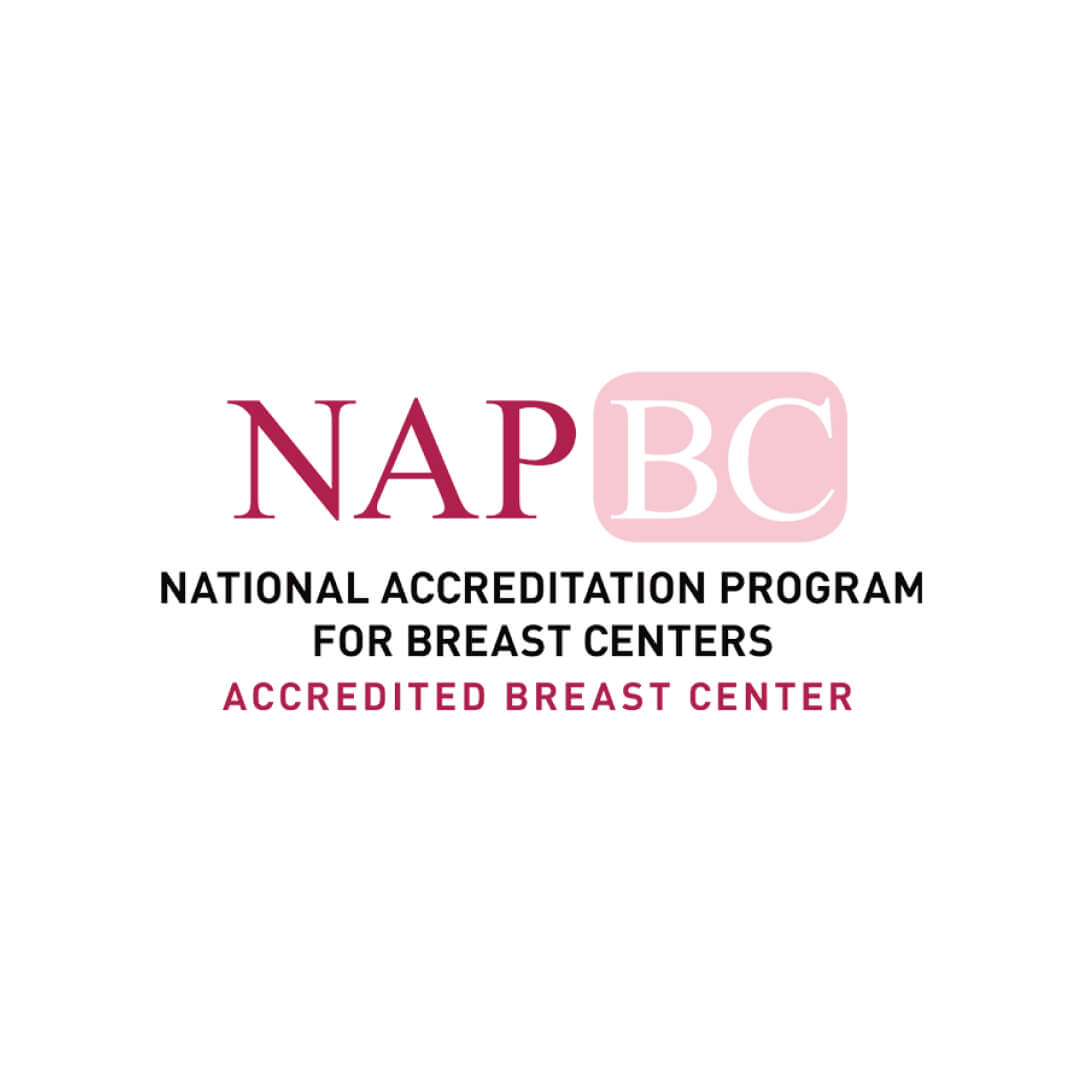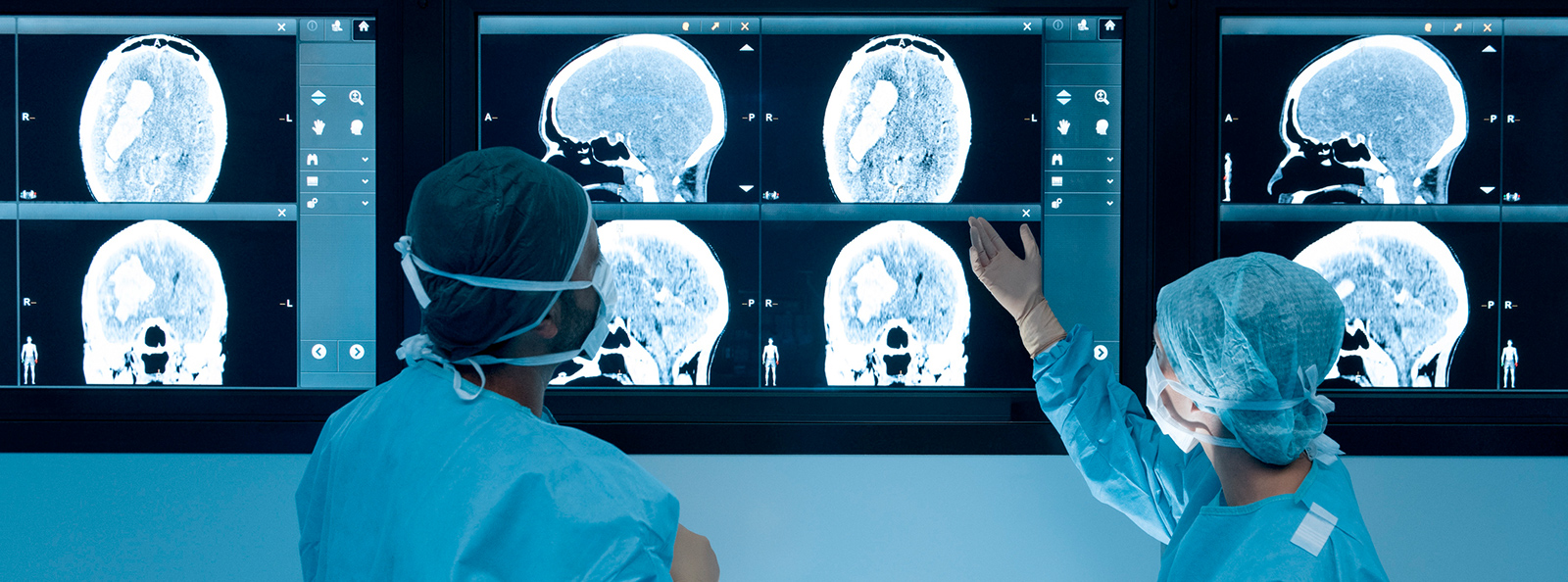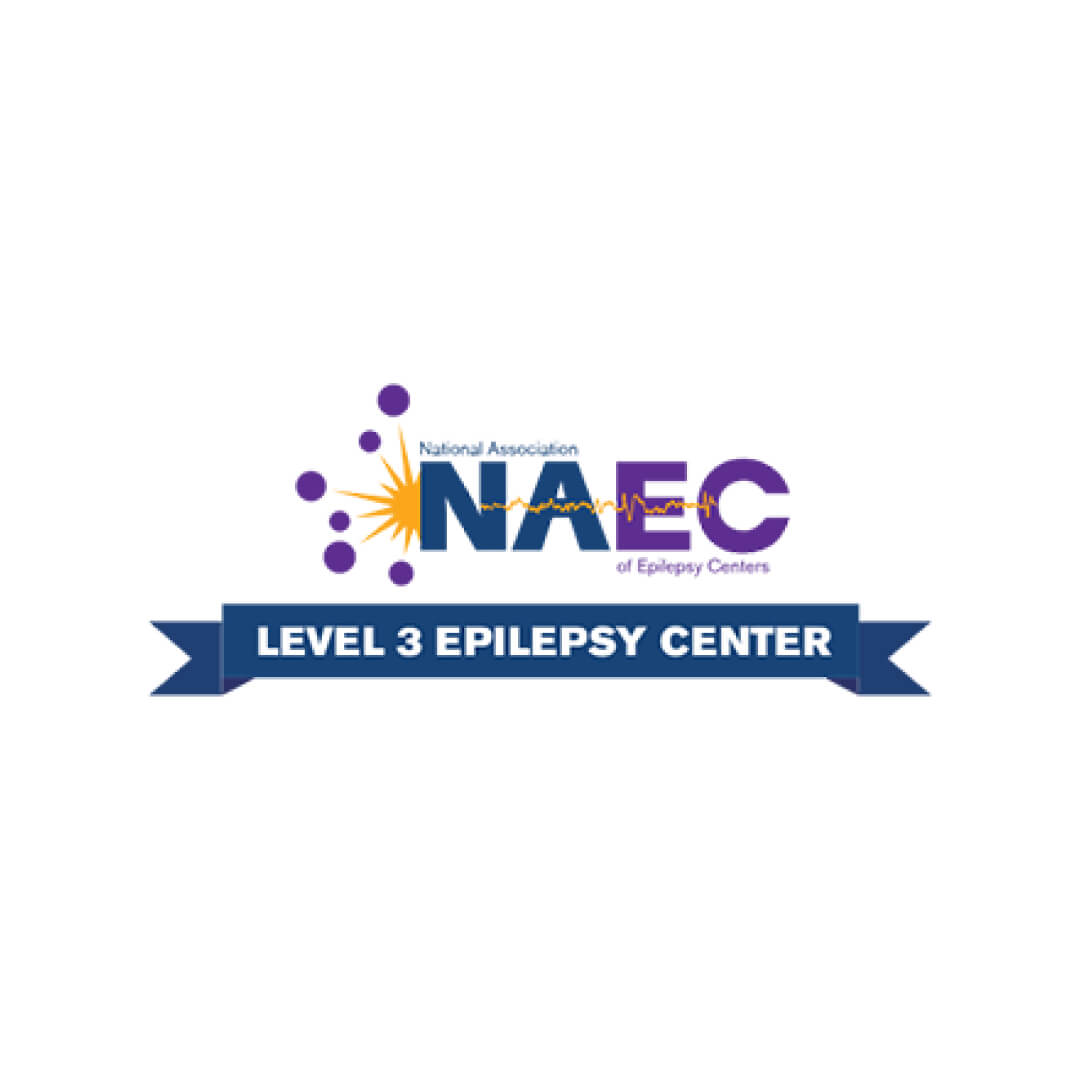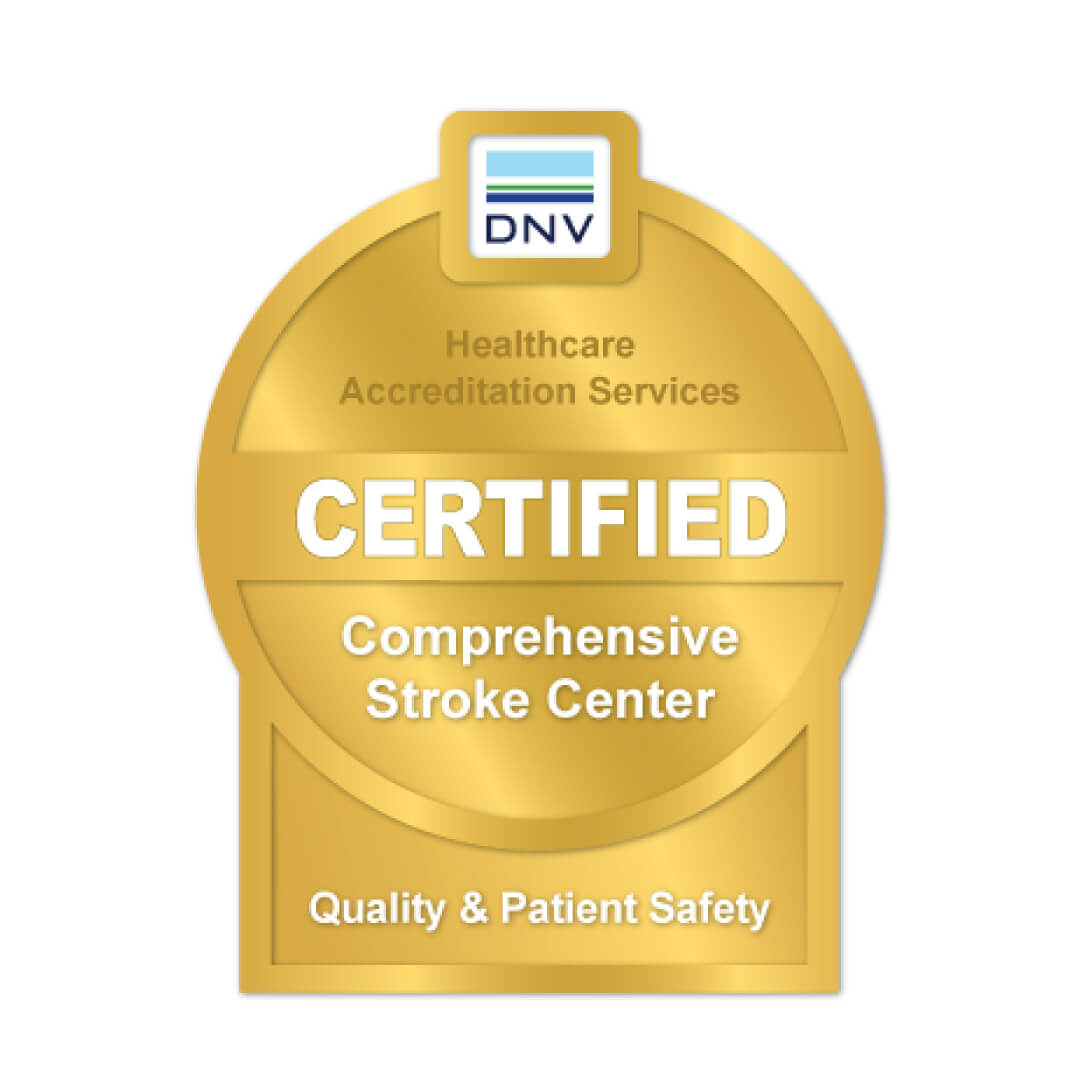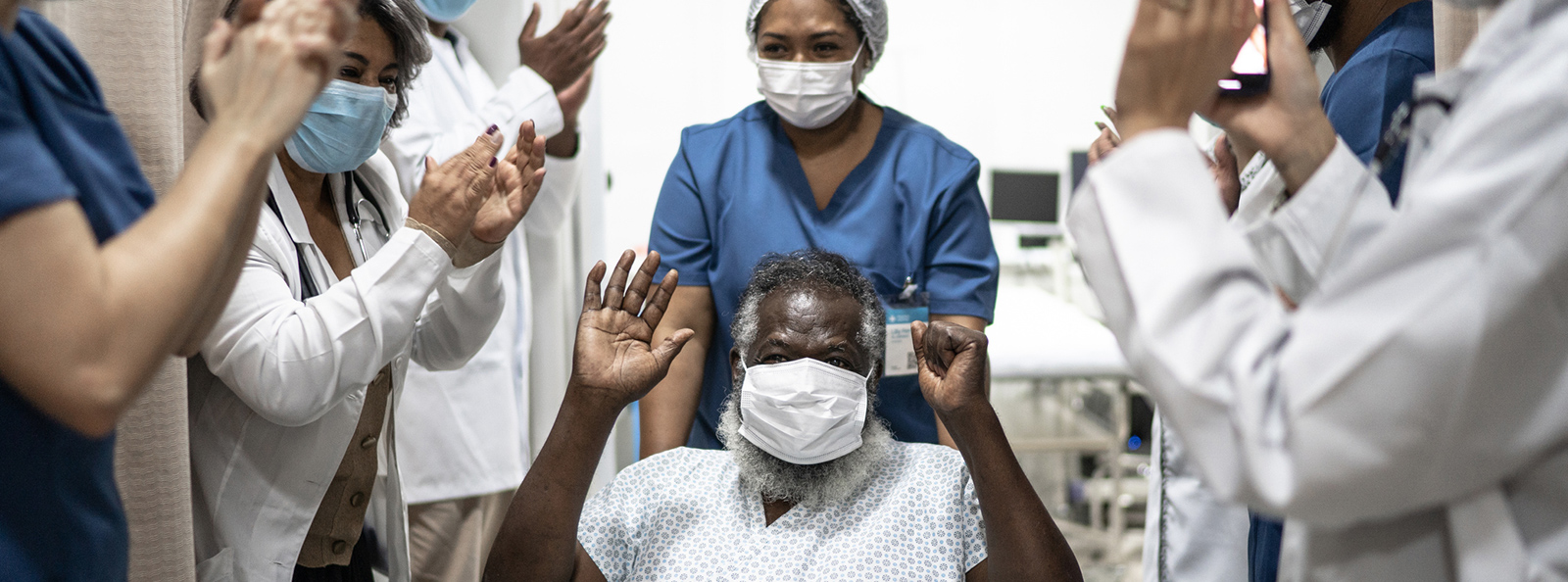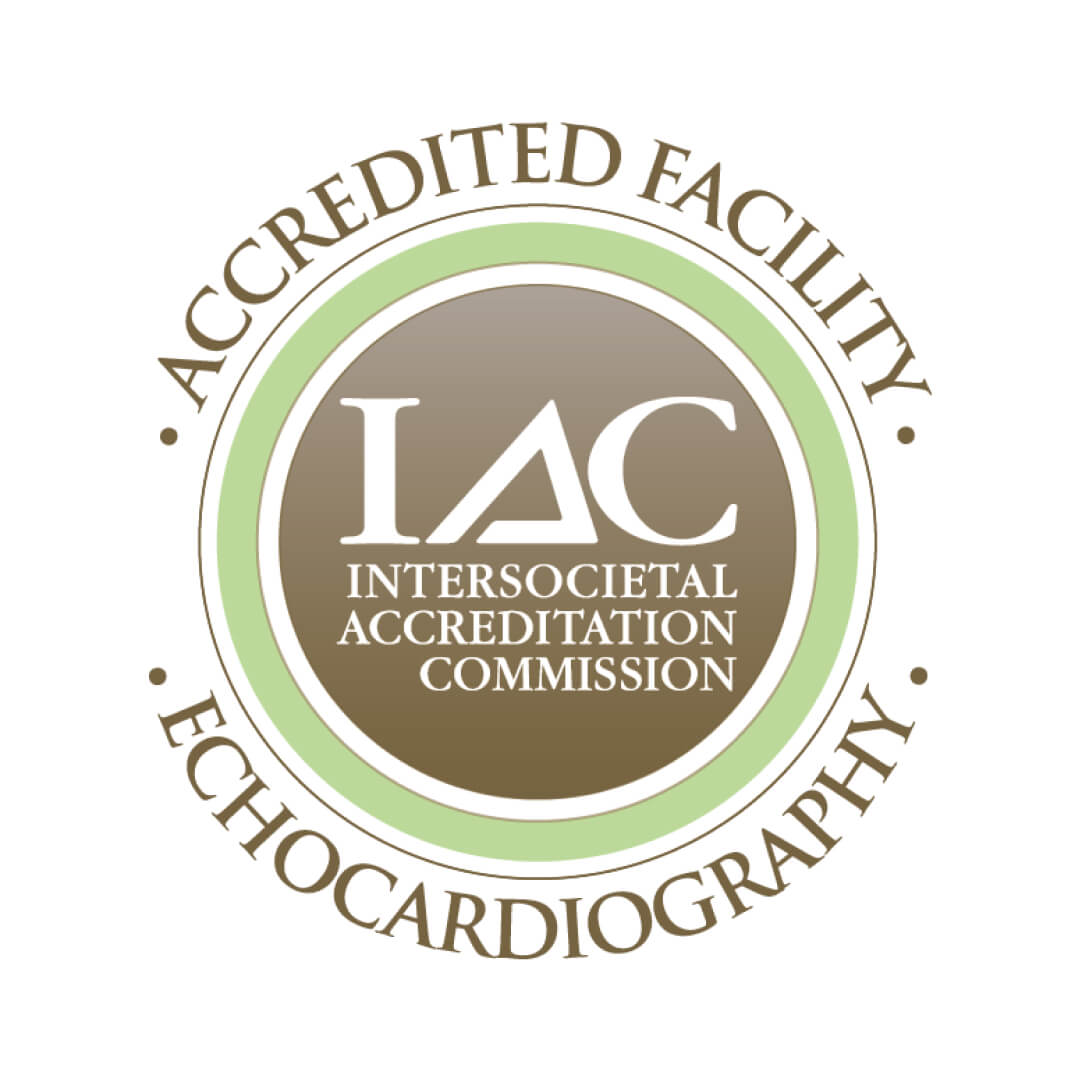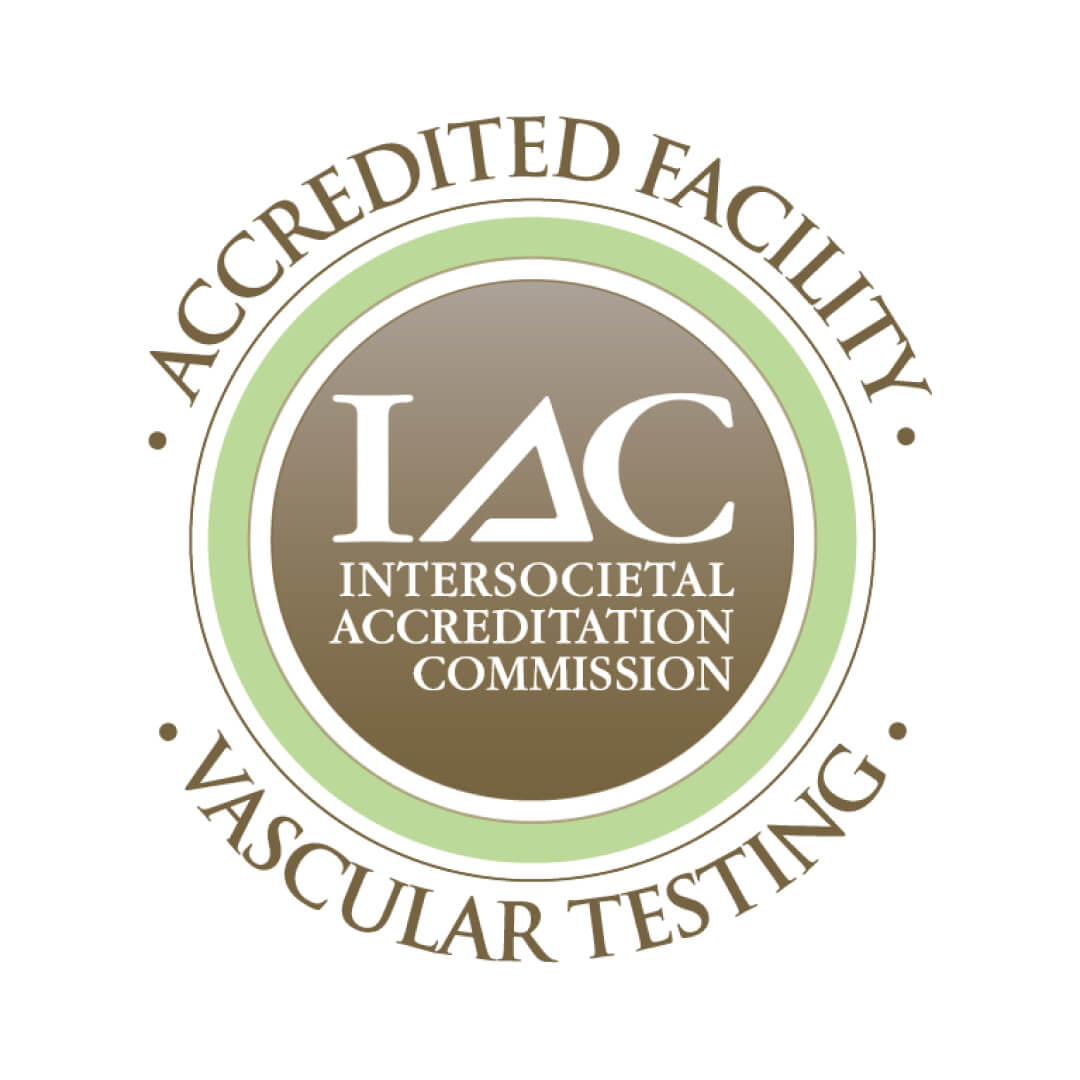Research shows that outcomes of care are improved when patients receive appropriate screening and treatment in a timely manner, along with appropriate utilization of resources. Time to treatment, appropriate intervention and follow-up, and survival rates are all important ways to measure quality care.
Sepsis is a complication that occurs when your body has an extreme response to an infection. It causes damage to organs in the body and can be life-threatening if not treated. Sepsis can sometimes turn into septic shock, which has a higher risk of death. Identifying sepsis early and starting appropriate care quickly increase the chances of survival. At Carle Foundation Hospital, our Sepsis Workgroup focuses on efficient identification and implementation of care processes for septic patients, as well as provider education to ensure compliance with evidence-based screening and treatment.
